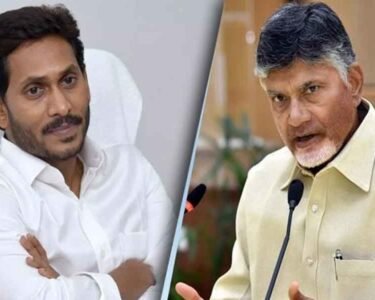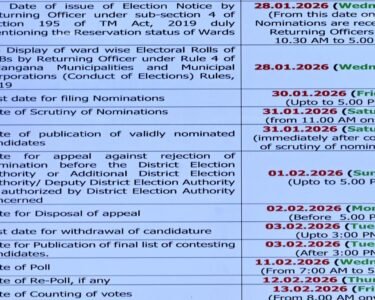In a rare show of political unity, the Indian government has called for an all-party meeting to deliberate on Operation Sindoor, a recently launched national security and humanitarian operation. The meeting, scheduled in New Delhi, is seen as a crucial platform for building consensus on the government’s strategy, goals, and expected outcomes of the operation. As tensions rise in the region and questions loom over the scope of the mission, the meeting is being closely watched by political analysts and the public alike.
What Is Operation Sindoor?
Operation Sindoor is a multi-agency, classified initiative launched by the central government, reportedly involving the Indian Army, intelligence agencies, and diplomatic channels. While full details remain confidential for security reasons, the operation is believed to focus on counter-terrorism, cross-border infiltration control, and humanitarian rescue missions in a volatile border area.
Sources suggest that the operation is both a defensive response to heightened external threats and a preemptive effort to secure vulnerable zones, particularly in northern India. It also has a strong humanitarian angle, with reports indicating that civilian evacuation and medical assistance are part of the mission.
The Purpose of the All-Party Meeting
The all-party meeting serves several key purposes:
- Briefing political leaders about the scope and strategy of Operation Sindoor.
- Ensuring national consensus on sensitive security operations.
- Avoiding politicization of national security matters.
- Reinforcing parliamentary accountability in matters involving armed forces and foreign policy.
By inviting opposition parties to participate, the government aims to demonstrate transparency and seek collective support on a mission of national importance.
Political Unity in Times of National Crisis
Such all-party meetings are rare but symbolically powerful, especially when national interests are at stake. Leaders from across the political spectrum—including the Congress, BJP, TMC, AAP, DMK, BRS, and regional parties—are expected to attend.
Political observers note that while parties may differ on economic and social policies, national security remains a domain where cross-party solidarity is expected. Previous examples include the all-party meetings after the Pulwama attack (2019) and the Balakot air strikes.
Key Issues Likely to Be Discussed
During the meeting, several sensitive and strategic matters are expected to be discussed:
- Objectives and timeline of Operation Sindoor.
- Military engagement rules and civilian protection measures.
- Intelligence inputs and threat assessments that led to the launch.
- Impact on foreign policy and diplomatic relations, especially with neighboring countries.
- Media and public communication strategy to avoid misinformation.
Leaders will also be briefed by top security officials and the National Security Advisor to ensure a clear understanding of risks and expected support from all fronts.
Opposition’s Role and Response
The opposition’s response to the call for an all-party meeting has been largely positive. Congress leader Mallikarjun Kharge, TMC’s Mamata Banerjee, and CPM’s Sitaram Yechury have all stated that while they will seek clarity on operational details, they support efforts to safeguard national integrity.
However, some opposition leaders are expected to raise questions about prior intelligence lapses, civilian displacement, and transparency in decision-making. They may also demand that Parliament be kept informed as Operation Sindoor progresses.
Public Interest and National Sentiment
Operation Sindoor has already captured nationwide attention, with debates raging on television and social media. The general public, while supportive of national security operations, has also expressed concerns about the lack of information and the possible long-term effects on border communities.
The all-party meeting is likely to play a role in shaping public perception. A united front by political leaders will send a message of stability and confidence to citizens and international observers.
Historical Significance of the Meeting
This meeting may go down in history as a turning point in bipartisan cooperation on national defense. If the discussion results in a shared national stance, it could influence how future governments handle classified operations. It may also lead to the establishment of standard protocols for parliamentary briefings on defense and security matters.
Experts Call for Institutional Coordination
Defense and foreign policy experts have lauded the move to hold an all-party meeting. Many have emphasized the need for institutional coordination between political parties, the military, and civil society during high-stakes operations. According to retired General D.S. Hooda, “When politics aligns with the national interest, our strategy becomes stronger and more resilient.”
Conclusion
The all-party meeting on Operation Sindoor marks a critical moment in Indian politics and national strategy. Beyond the specifics of the operation, it is a test of how India’s democracy responds to challenges that demand unity over division. As political leaders gather to debate and deliberate, the nation watches with hope that security, transparency, and cooperation will take precedence over partisanship.







